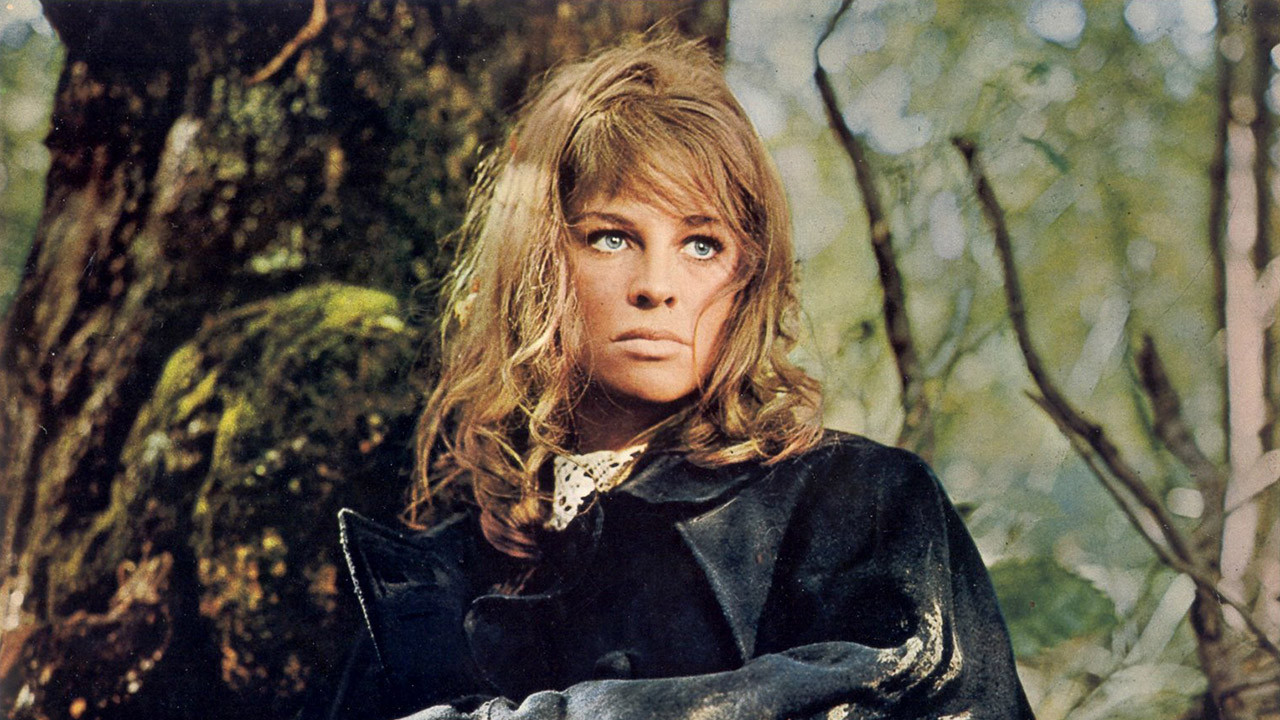He’s not a name that many young filmmakers reference these days, but British director John Schlesinger quietly managed a career spanning five decades, with a small fistful of classics to his name. A former actor, Schlesinger moved into documentaries in the late 1950s, graduating to features soon after, and worked fairly prolifically until 2000’s “The Next Best Thing” (admittedly a rather ignominious end to a great career), a film released only a few months before he passed away from a stroke.
This week marks the ninth anniversary of his death, on July 25, 2003, and with the recent news that his “Sunday Bloody Sunday” is getting the Criterion treatment, it felt like a good time to push past the acclaimed Hollywood pictures that everyone knows — “Midnight Cowboy,” “Marathon Man” — and look at some of the director’s works that go less celebrated these days. A master visual storyteller, Schlesinger was able to speak volumes with his camera, reading between the lines of his scripts. The man who made Julie Christie a star worked with many of the same actors again and again and drew out naturalistic and nuanced performances while always putting character first, and as one of the few openly gay directors in Hollywood, was responsible for some of the most forward-thinking looks at sexuality of their era. Here are some of our favorites that you should seek out or rewatch in the run up to Criterion’s release of “Sunday Bloody Sunday” in October.
 “Billy Liar” (1963)
“Billy Liar” (1963)
Having won the Golden Lion at Venice for the documentary “Terminus” and the Golden Bear at Berlin for his fiction debut “A Kind of Loving” in consecutive years, Schlesinger had a lot to live up to with his third film. Fortunately, he made “Billy Liar,” a seminal entry into the “British New Wave” movement that’s a little stranger and funnier than some of its contemporaries. Based on both the novel by Keith Waterhouse and the play by Waterhouse and Willis Hall, the film follows William “Billy” Fisher (Tom Courtenay, who’d taken over for Albert Finney in the West End run of the play), an undertaker’s clerk in a village in Yorkshire who also happens to be a compulsive liar, indulging in fantasies of fame and escape. Not so much Angry Young Man as Restless And Petulant Young Man, Billy’s engaged to two girls already, but falls in love with a third, the spontaneous, free-spirited Liz (Julie Christie in her breakout role, and making a strong claim for the title of most beautiful woman in the history of mankind), and starts to become more serious about his plans to go to London as a television screenwriter. The film’s a little more charming and light than some of its contemporaries in the British New Wave (feeling sometimes like a precursor to “The Graduate” — it’s no surprise that Dustin Hoffman has picked Courtenay for the lead in his upcoming directorial effort “Quartet“), but the sense of a changing era — buildings torn down around Billy, the face of his home about to change forever — haunts the film, and Billy certainly has the rebellious streak of the 1960s in him. It could be an unlikable part, but Courtenay, in a really marvelous performance, just about keeps us on his side. And when he fails to board the train to London with Liz at the end, still lying to her and, to a degree, himself, our heart doesn’t just break for him, but we also understand that he might be preparing to grow up, staying at home to fix the life he already has and not running away to find a new one. The film was forgotten in the U.S. for a long time, but a Criterion release has helped it to win the acclaim it’s long deserved.






Merchant – Ivory and their 'knockoff's'? How patronising. John Schelsinger made some truely great films 'Darling' and Far From the Madding Crowd 'being my two favourites, but Merchant Ivory made some impeccable, stunning films too, so let's not forget that. Credit where credit's due.
Yes, I 2ould have to add 'The Day of the Locust' to the list as well.
Nice! Keep up the good work
I would have to add The Day of the Locust to the list…while it's a rather free adaptation of the novel in many ways, it has some incredibly memorable scenes and performances, particularly Donald Sutherland as Homer and Burgess Meredith as Faye's washed-up father. And that ending, as over the top as it is, still gives me chills.
I saw Yanks a few years ago and it floored me. A real gem.
In 'Sunday, Bloody Sunday' Peter Finch is gigantic. So, so great.
I've always liked John Schlesinger's work; glad he's getting some just recognition.
All good choices, but my personal favorite remains "The Falcon and the Snowman"